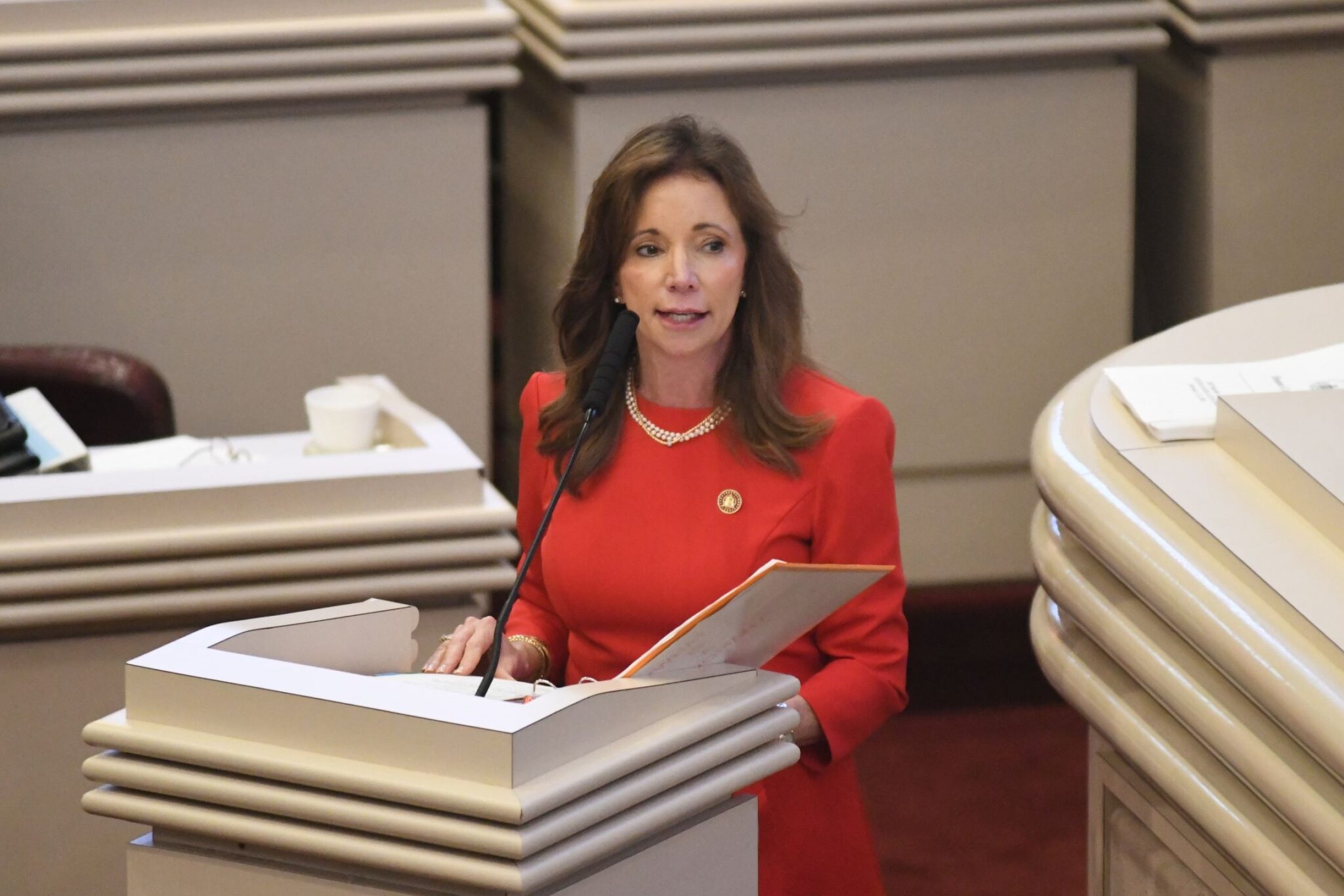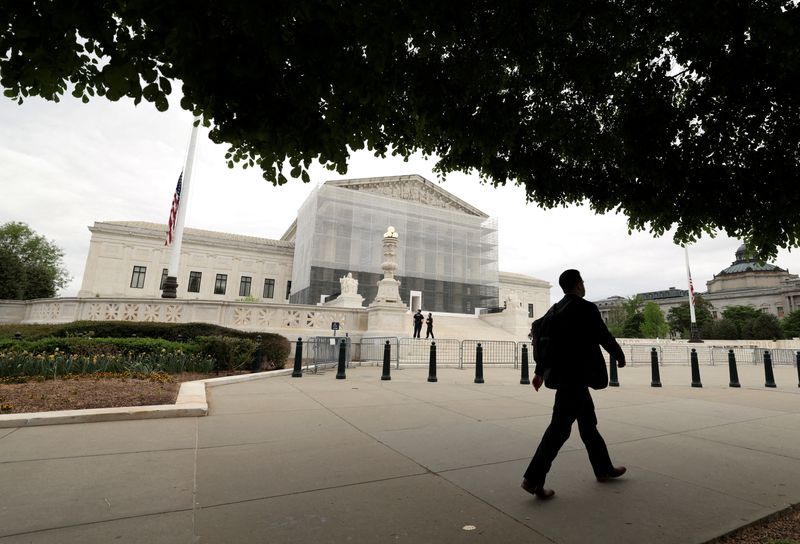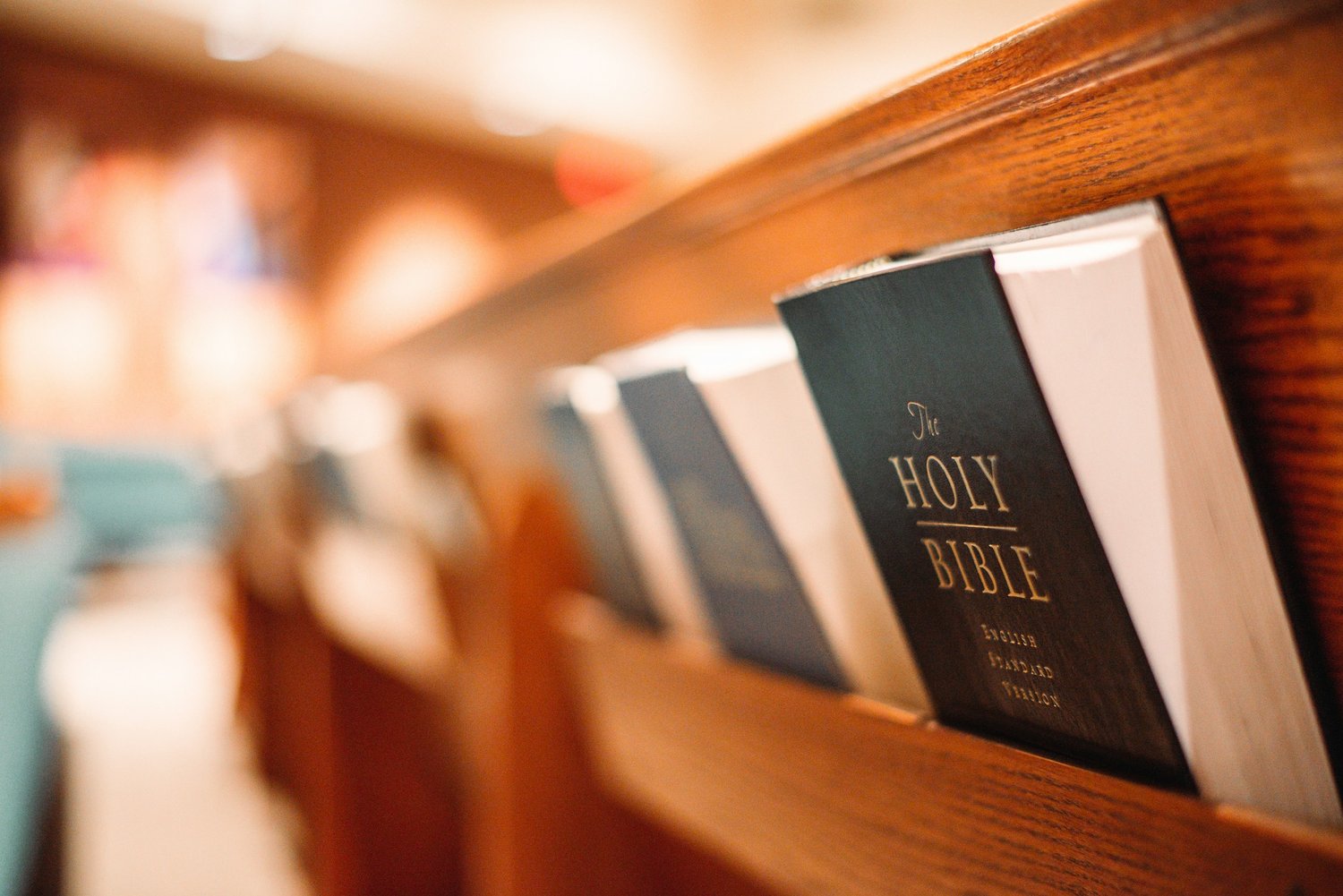Religious Liberty Under Siege: How New Legislation Threatens Constitutional Freedoms
Religion
2025-04-13 19:05:00Content

In a significant legal move, Telangana's Waqf Board member Maulana Syed Akbar Nizamuddin Hussaini has taken a bold step by challenging the controversial Waqf (Amendment) Act 2025 directly in the Supreme Court of India. The legal challenge promises to spark intense debate about the potential implications of the new legislation for religious endowments and Islamic charitable trusts.
Hussaini, a prominent figure in the state's Islamic administrative circles, is reportedly questioning the constitutional validity and potential overreach of the recently introduced amendment. His decision to approach the apex court underscores the complex legal and administrative landscape surrounding waqf properties and their management.
The challenge is expected to draw significant attention from legal experts, religious leaders, and policymakers who are closely monitoring the potential ramifications of the new act. By bringing this matter to the Supreme Court, Hussaini aims to ensure that the rights and interests of waqf institutions are comprehensively protected and fairly represented.
Legal Showdown: Telangana Waqf Board Member Challenges Controversial Amendment Act in Supreme Court
In a dramatic legal confrontation that highlights the complex intersection of religious governance and legislative reform, a prominent Telangana Waqf Board member has taken a bold stand against what he perceives as an overreaching legislative amendment, setting the stage for a potentially landmark judicial review.Challenging Systemic Changes: A Pivotal Moment for Religious Institutional Governance
The Legal Landscape of Waqf Board Regulations
The Waqf (Amendment) Act 2025 represents a significant legislative intervention in the management of Islamic religious endowments. Maulana Syed Akbar Nizamuddin Hussaini's decision to challenge this act in the Supreme Court underscores the potential constitutional and administrative implications of the new legislation. Waqf boards, traditionally responsible for managing charitable Islamic properties and assets, have long been critical institutions in preserving religious and social infrastructure. The amendment appears to introduce substantial modifications to existing governance structures, potentially altering the fundamental operational mechanisms of these religious institutions. Hussaini's legal challenge suggests deep-seated concerns about the potential erosion of established administrative practices and the potential overreach of legislative authority.Constitutional Implications and Judicial Scrutiny
The Supreme Court's role in adjudicating such complex legislative matters is paramount. By bringing this challenge, Hussaini is invoking a critical constitutional mechanism that allows for judicial review of potentially problematic legislative interventions. This legal strategy not only challenges the specific provisions of the Waqf (Amendment) Act but also represents a broader effort to safeguard institutional autonomy and protect the rights of religious communities. Legal experts suggest that the case could establish significant precedents regarding the extent of legislative power in regulating religious institutions. The Supreme Court's eventual ruling might provide crucial guidance on the delicate balance between state regulation and institutional independence.Historical Context of Waqf Board Governance
Understanding the historical trajectory of Waqf boards provides essential context for comprehending the current legal dispute. These institutions have historically played a crucial role in managing charitable assets, supporting educational initiatives, and maintaining religious infrastructure across various Islamic communities in India. The evolution of Waqf board regulations reflects broader societal changes, including increased governmental oversight and demands for greater transparency in institutional management. Hussaini's challenge represents a critical moment in this ongoing dialogue between religious institutions and state regulatory mechanisms.Potential Ramifications of the Legal Challenge
The Supreme Court case could have far-reaching consequences beyond the immediate legislative amendment. It may potentially reshape the fundamental understanding of religious institutional governance, establishing critical legal principles that could influence future legislative approaches to religious endowments. For Telangana's Muslim community, this legal battle represents more than a technical legislative dispute. It embodies broader concerns about institutional autonomy, cultural preservation, and the right to self-governance within the framework of India's constitutional democracy.Broader Societal and Legal Implications
Maulana Syed Akbar Nizamuddin Hussaini's bold legal action transcends individual institutional interests. It represents a significant moment of judicial engagement with complex questions of religious governance, state regulation, and constitutional rights. The Supreme Court's eventual ruling will likely be closely watched by legal scholars, religious institutions, and policymakers nationwide, potentially setting important precedents for future legislative interventions in religious institutional management.RELATED NEWS
Religion

Punk Meets Intellect: Bad Religion and Noam Chomsky's Radical Collaboration Unveiled
2025-04-27 23:00:00
Religion

Martin Marty: The Quiet Theologian Who Shaped America's Religious Landscape
2025-03-08 09:04:00
Religion

Faith, Unity, and Common Ground: Vatican Summit Explores Religion's Role in Bridging Societal Divides
2025-04-09 09:28:14





